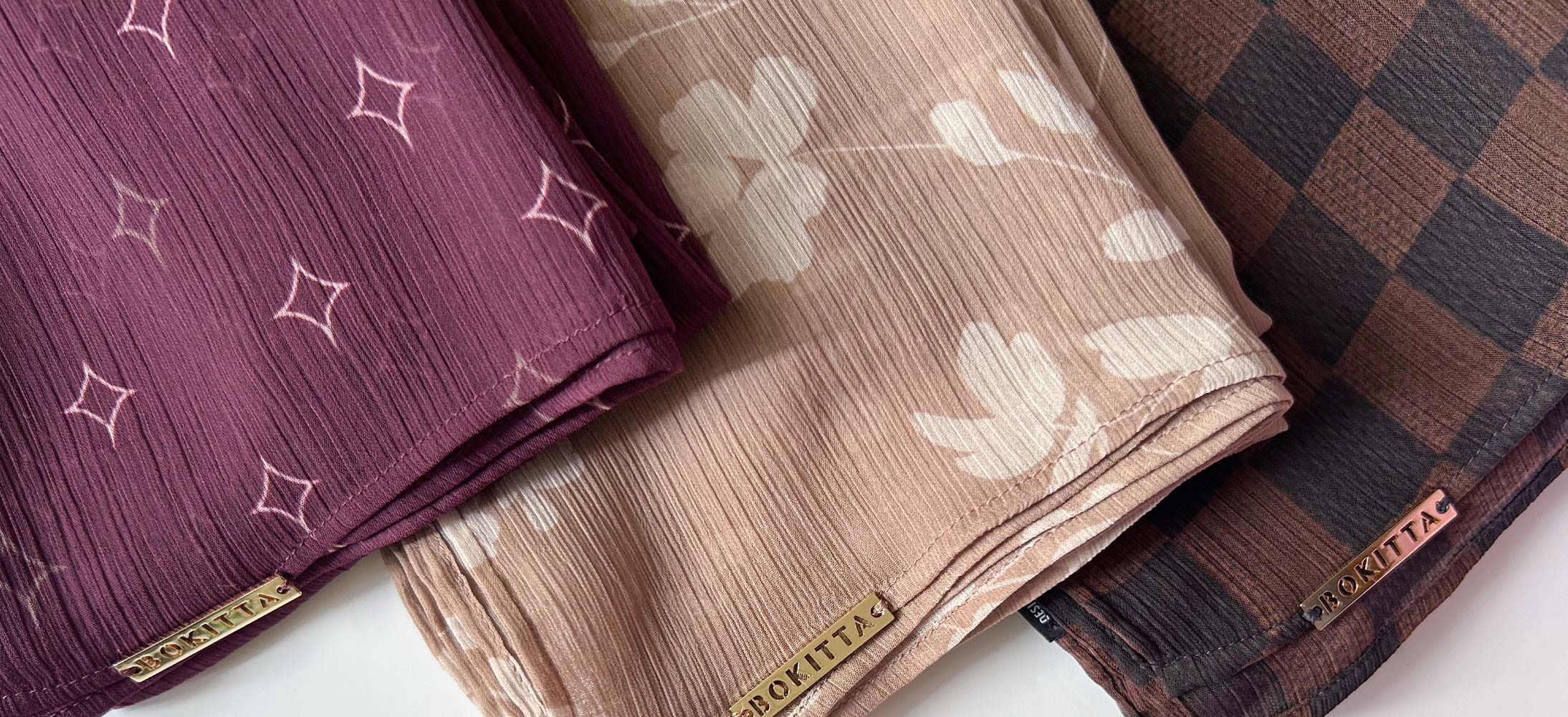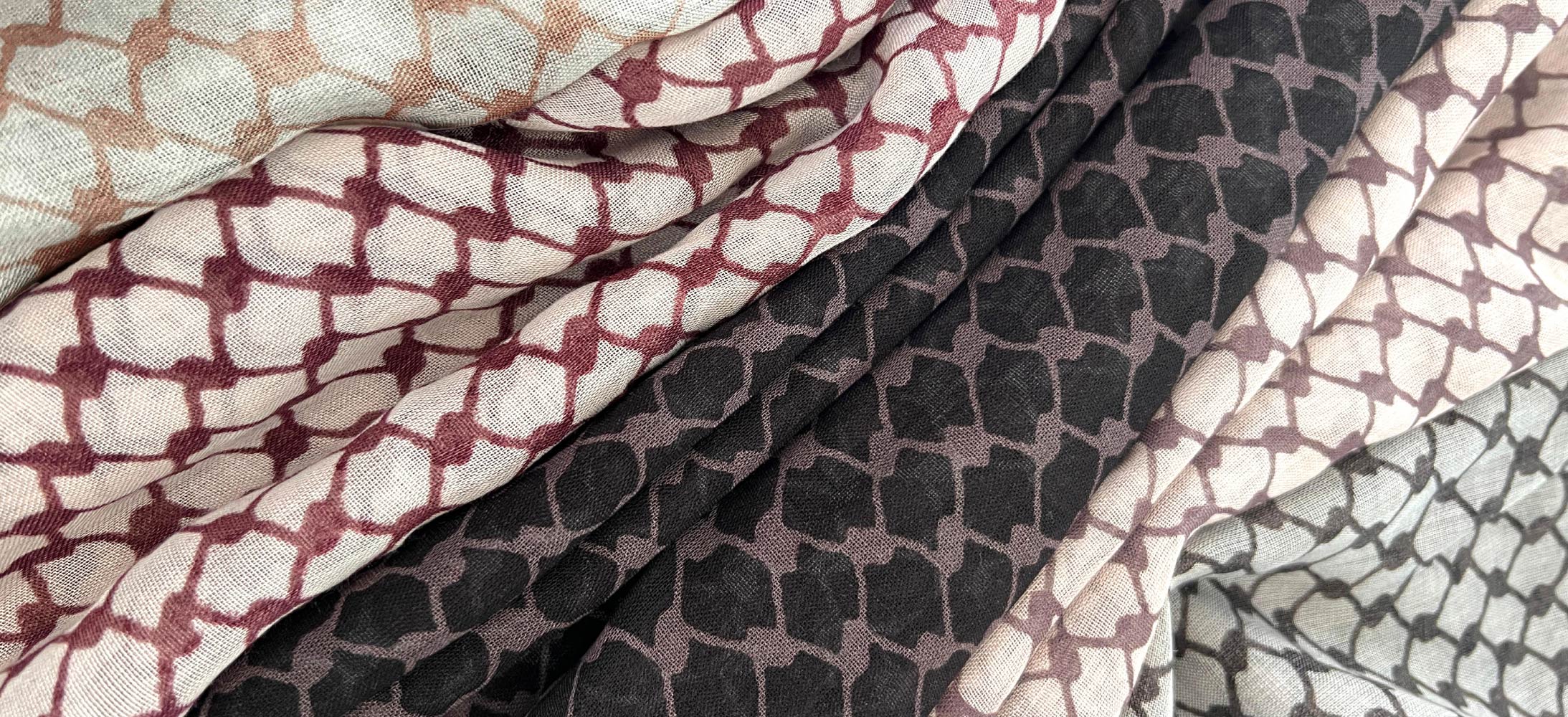What Four Major Religions Say About Modesty
Modesty is an important staple of all major world religions. Modesty is generally practised as a form of discipline–to help us focus on the inner-spiritual nature of a person, instead of their outward appearance. Although all religions prescribe and practice modestly differently, each one uses it as a tool to reject the coarseness our world, and remain in touch with the divine.

Try Our modern modest "Clothing" collection
Here’s how four major world religions practice modesty:
Christianity
In Christianity, modesty is seen as an attitude of decency and humility. Although there are passages in the Bible that talk about modest dress, Christian modesty emphasises that modesty comes from within–the way a person speaks and acts. Modesty means living simply, and rejecting your desires, and embracing the desires of Christ.
Here are some passages that illustrate what Christian believe about modesty:
1 Corinthians 6:20 says:
“glorify God in your body, and in your spirit.”
1 Corinthians 6:20 also says that"
“Do you not know that your bodies are temples of the Holy Spirit, who is in you,
whom you have received from God? You are not your own, you were bought at
a price. Therefore, honor God with your bodies.”
“Your beauty should not come from outward adornment, such as elaborate
hairstyles and the wearing of gold jewelry or fine clothes. Rather, it should be
that of your inner self, the unfading beauty of a gentle and quiet spirit, which is
of great worth in God’s sight,”
1 Peter 3:3-4.

So, while Christianity does not prescribe a specific type of dress, it does compel Christians to act in a god-honouring manner, and to not wear clothing or adornments that evoke impurity or lust. Christians don’t typically have a popular form of religious-wear, but some Christian communities, like Egyptian Coptic Christians, have taken on a tradition of wearing modest headwear due to cultural influences.
Islam
Islam has a strong and well-developed tradition of modesty. The principle of
Haya,” or “Modesty” in Islam compels believers to think and dress in a humble, god-honoring way. Muslims practice modesty to guard themselves and others from impure thoughts and actions.
Unlike Christianity, the dress-code recommendations for Muslims are laid out a bit more specifically.
The Qur’an says:
“And say to the believing women that they should lower their gaze and guard
their modesty; that they should not display their beauty and ornaments except
what (must ordinarily) appear thereof; that they should draw their veils over their
bosoms…” (24:31)
In Islam, there is a clear prescription for modest clothing and veiling–however, much about the specifics of veiling is left open to interpretation, and Muslims all over the world practice veiling in different ways. However, most Muslims would be quick to debunk the stereotype that Muslim women are forced to wear hijab.
The Qur’an itself says:
“Let there be no compulsion in religion” (2:256)
Another stereotype abotu Muslim modesty is that it’s only reserved for women. Most Muslims would be quick to tell you that modesty should go both ways.

Seek for modesty with our latest modest "Clothing Collection"
Here’s what the Qur’an says about modesty for men:
“Tell believing men to lower their glances and guard their private parts:
that is purer for them. God is well aware of everything they do” (24:30).
For Muslims, modesty is team effort that helps guide believing brothers and sisters to righteous and pure behaviours–and helps them avoid the haram.
Judaism
The concept of modesty is known as “Tzniut” in Judaism, and it’s principle philosophy is that a Jew should not dress or act in a manner that attracts undue attention. Men and women both should refrain from dressing in a way that emphasises their physical appearance. Both men and women are prescribed by Orthodox Law to cover their elbows and knees. Orthodox Jewish women often wear dresses that are loose, and cover the collarbone. Men will wear long sleeve shirts and often a skullcap.
Tzniut expands beyond just dress–it requires that Jews express privacy and reservedness in their actions. One should avoid boisterousness and practice graciousness. Tzniut helps Jews to preserve their inner peace and harmony from the harshness of everyday life.

Hinduism
Guarding yourself against the temptations that result from an immodest act or dress is an important virtue in Hinduism. In Hinduism there are six “rufis,” or “enemies” that believers have to guard themselves against in order to achieve enlightenment–one of them is sexual desire. In Hinduism, the responsibility of modesty falls chiefly upon women, who are expected to protect their honour by dressing modestly. There is also perceptions in Hindu law codes like the Law of Manu, that women are temptresses who lure men into sexual misconduct, and take advantage of those with weak restraint.

Like other religions, the concept of modesty for Hindus varies from region to region, and is influenced by outside cultures. The spread of Islam in the 12th century saw the addition of veils to some traditional Hindu clothing, like Sari’s. During British colonial rule, modest dress codes were enforced in various parts of India.























Leave a comment